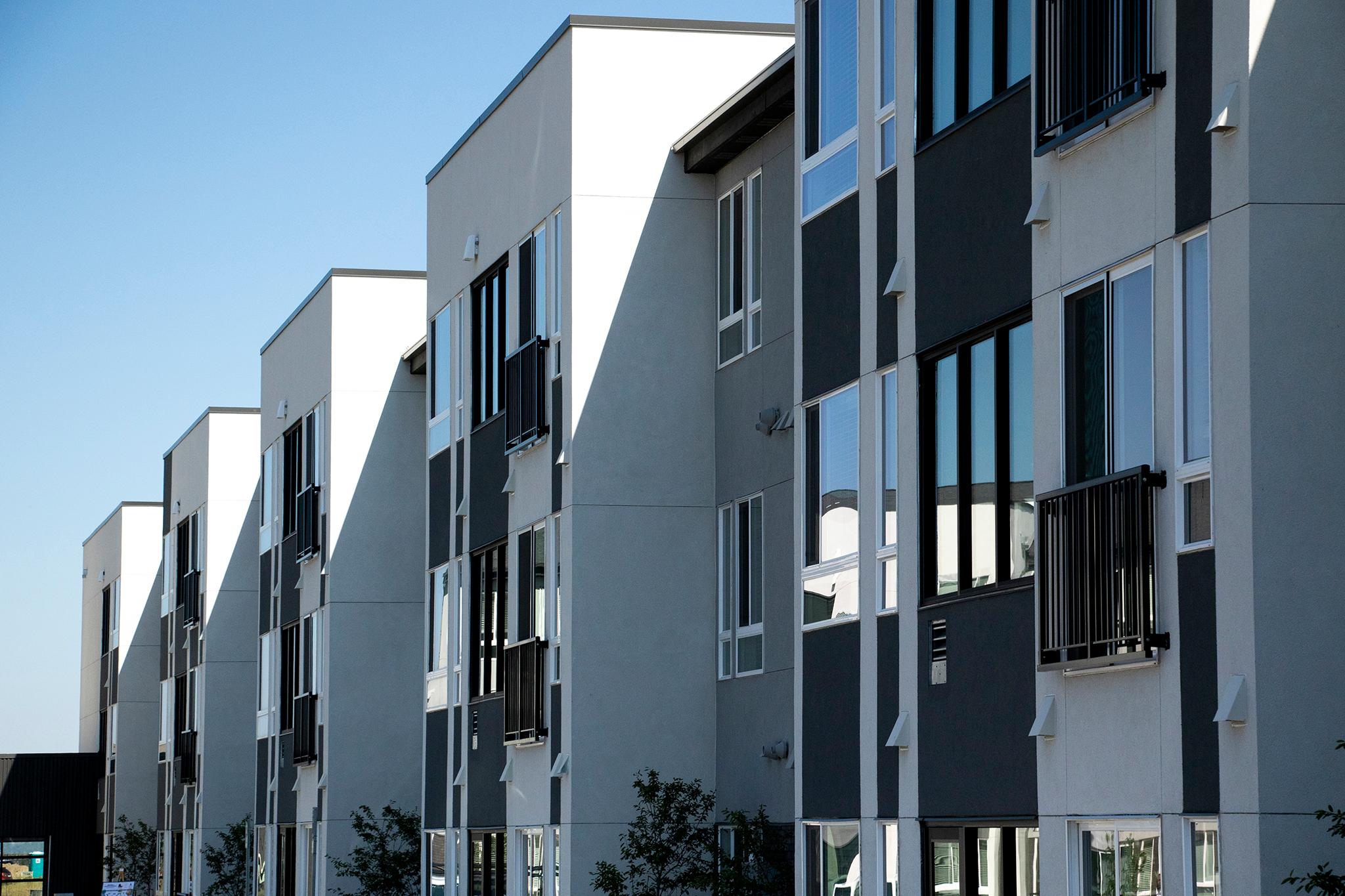Colorado's state demographer urged landlords to consider the case of her own octogenarian mother.
Elizabeth Garner's widowed mother lives alone in a large home she owns, paying only property taxes. If she were to move to an apartment, she would free up a larger home for a younger family and join a move toward density that Garner believes is part of the solution to the Denver area's housing crisis.
But her mom, Garner said in a presentation Thursday to members of the Apartment Association of Metro Denver, is, like many seniors, on a fixed income.
"What is she worried about? Rent. And rent escalation,' Garner said.
She called on her audience to be creative at meeting the needs of not only seniors on fixed incomes, but of younger moderate and low earners. Those latter Coloradans -- often among the health workers who care for seniors and the restaurant employees who serve an older population that statistics show likes to eat out -- grew significantly between 2008 and 2017. Seniors are also a growing segment in Colorado. Those trends have been predicted, Garner said.
She said only in recent years has the rate of growth in new housing units outpaced population growth. For more than a decade before that, she said, housing growth has lagged. And often the new housing is expensive, out of sync with the rise in moderate- and low-income earners.
"Why?" Garner said. "We have the data and information."
"You would think we could do a better job at" matching need to supply, Garner said.
Teo Nicolais, a landlord, real estate educator and frequent consultant for the apartment association, argued that affordable housing is created when newer buildings attract higher-earning tenants. But he acknowledged "we're not building enough of the right product."
"The bottom line: It's expensive to build in Denver," said Nicolais, who also spoke at Thursday's conference.
Garner did not go so far as to endorse rent control.
"I'm an economist at heart, so I believe in the market," she said, while acknowledging calls for rent control indicate a failure in the market.
Nicolais and the apartment association have been firm opponents of rent control, which has been declared unconstitutional in Colorado and which they argue would lead to landlords converting rentals to for-sale property, decreasing supply and thereby increasing prices.
Nicolais said Thursday that another threat to affordability was the embrace by Lakewood voters earlier this month of a limit on housing development.
"It is incompatible for us to limit growth and make housing affordable," he said, adding he was concerned other communities would follow Lakewood's lead.
Proponents of development caps -- Lakewood's is 1 percent of existing housing -- say they do not oppose growth, but want to control it and ensure infrastructure keeps up.
Demographer Garner said economic growth is inevitably accompanied by population growth, and that the new people need houses and apartments.
"If you're fans of jobs, you need the housing units," she said. "If you're against people, you need to think about slowing job growth."













